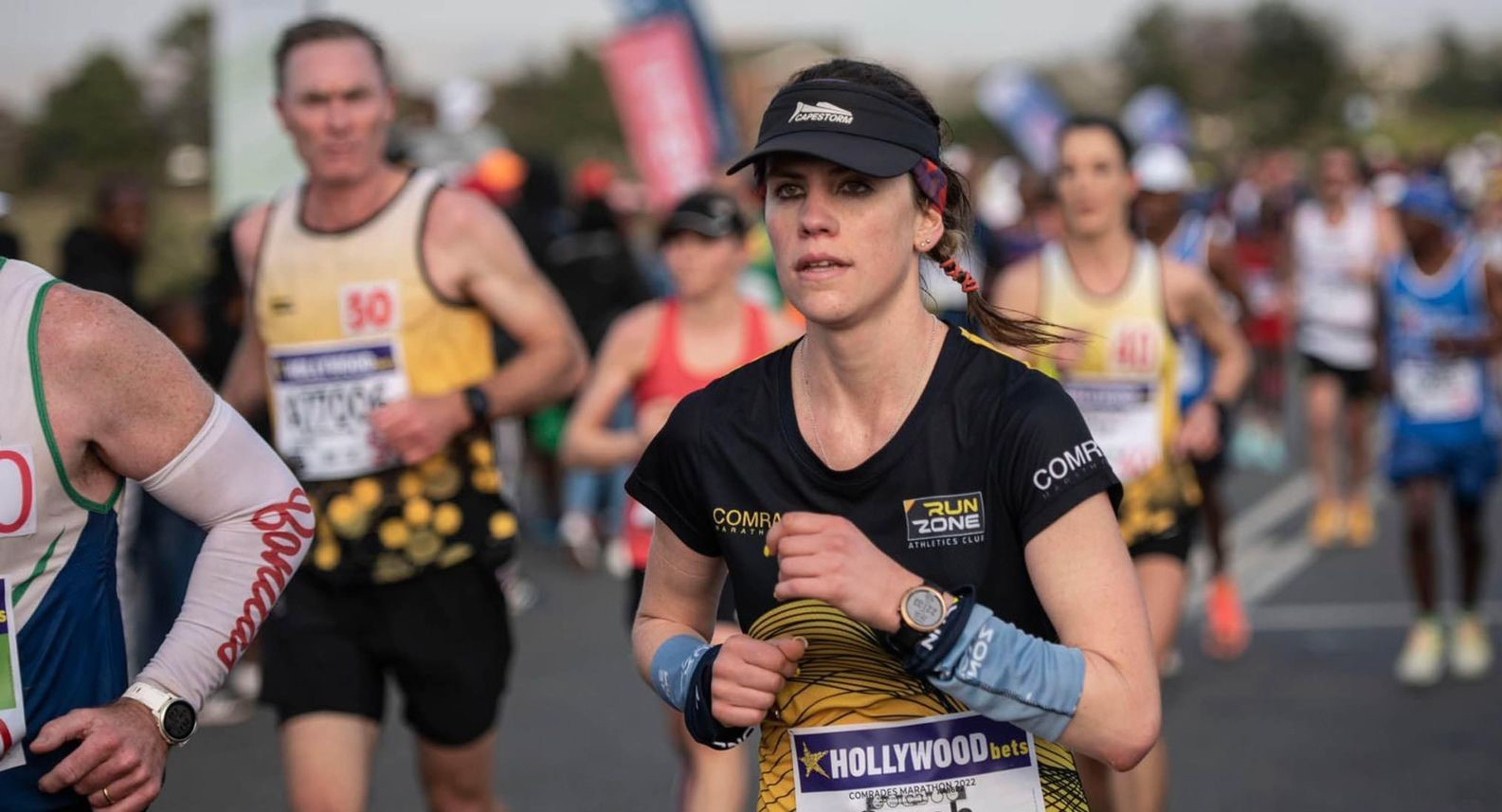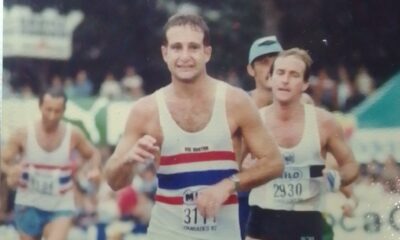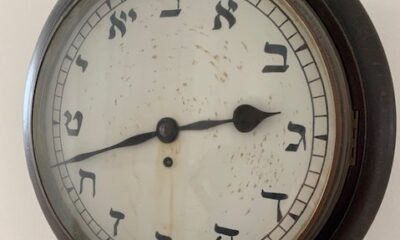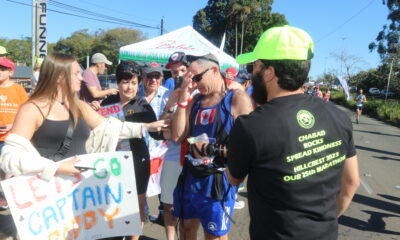
Sport

Comrades medallists share life-changing experience
Nearly 16 000 runners took on the challenge of the Comrades Marathon 2022 last Sunday, 28 August. Emotions ran high as people beat their best times, others were tearful when they fell out of the race before the end, but most finished exhausted with a smile.
Among those was Johannesburg doctor Yossi Unterslak, who started running only two years ago. He completed the 95th edition of the Comrades Marathon on Sunday in 10 hours, 22 minutes, with an average pace of 6:58 minutes per kilometre.
Capetonian avid runner Sarah Silber, in her debut Comrades, crossed the finish line in just less than eight hours, and Johannesburg businessman Shaun Matisonn, completing his first Comrades since 1995, crossed the finish line in just more than eight hours. Both ran at less than 5:30 minutes per kilometre, an impressive average pace for most people to run one kilometre, let alone 89.885km.
Barry Holland and Vic Boston completed their 48th and 44th consecutive Comrades respectively. They are in first and third place respectively in both the most medals and consecutive medals category for male runners.
Toni Hesp, the owner of Toni Hesp Physiotherapy in Johannesburg, completed her thirtieth Comrades, and now needs five more to surpass Kleintjie van Schalkwyk as the female with the most Comrades medals. However, she says, “Comrades has never been about how many medals I could earn. It’s more than a running race, it’s an experience that will change your life.”
For Matisonn, Sunday’s Comrades was “fantastic and the best South Africa has got to offer. It was an extraordinary collection of happiness, especially at the end.”
Silber now understands why the Comrades is called “the ultimate human race”.
“It took everything out of me, and I fought with every piece of my heart and legs to get to the finish. I knew it was going to be difficult, but I didn’t think it would be that brutal! The hills were never ending, and whoever called it a ‘down run’ was definitely lying. We climbed for basically the entire first half, and by the time we did reach some downs, my legs were cramping so much, I could hardly walk.”
For Unterslak, “The environment, gees, and the South Africanism of the race was incredible. You know, you stand at the start, and they play the anthem, then Shosholoza. You feel completely patriotic. You barely go a kilometre without seeing supporters on the side of the road cheering for you. They scream your name even though they don’t know you.”
Unterslak, a reproductive physician at Vitalab Fertility Clinic in Sandton, started running around his garden during the lockdown to “sort out” his fitness and health. “The first run that I recorded on my watch was 3km. I just slowly built from then on. Eventually, I built up to a half marathon. After running the Cape Town Marathon in October last year, I decided that I’d like to see if I could run the Comrades.”
He managed to finish the Comrades within the 10.5 hours he targeted even though he picked up a little injury during the run and his race plans fell apart because, “The guy I was running with got sick, meaning I had to run on my own most of the way.”
“Aside from the aches and pains, of which there were many, Comrades was truly a life-changing experience,” says Silber. “It showed me the power of the human spirit and how crowd support can push you so far even when you feel like giving up. The people on the sidelines made the race – at the ready with oranges, bananas, water, Deep Heat spray, salt, ice, and the loudest voices which could just carry you through to the finish. I did say to myself numerous times that I would never run again, but now I’m already looking at entries for next year.”
Her most memorable moment was the start of the race. “The camaraderie was like nothing I’d ever experienced. I did shed a few tears. So many other runners were crying too.”
“It was wonderful to have the return of Comrades, and standing at the start, there was the feeling that life as we knew it had returned,” says Hesp. “The start was, as always, a highly emotional experience, and for the thirtieth time, I shed some tears.”
This year’s Comrades felt in some ways very different, says Hesp. “Comrades moving to August turned the familiar running calendar upside down and created almost a feeling of uncertainty in my training programme even though I knew I was still doing what I have always done in my build-up to the marathon. Winter training brought real challenges. The kind of weather conditions we would experience in August was also a point of concern. On top of this, I was under a bit more pressure with this being my thirtieth run. To mitigate some of the stress, I decided not to focus on any specific time but rather aim for a comfortable finish. A long-time running friend, Hilton, came all the way from Melbourne to join me for my thirtieth, and together with his brother, Selwyn, and my running partner, Charmaine, we came up with a race plan.”
Matisonn’s most memorable moments were the start, stopping to put on tefillin, and the finish. “You don’t get anything like this in the world,” he says.
Having last completed the Comrades 27 years ago, Matisonn says he committed to run this year’s race only at the last moment. “I was in decent shape, so it was an opportunity not to forego. It’s a unique experience. If you can do it, you should.”
Saul Mervis, the co-owner of The Grillhouse in Johannesburg, last ran the Comrades in 1997, 25 years ago, but decided to run this year after promising his wife, Karin, that once she received her green number for completing 10 Comrades, he would run when she attempted her eleventh. This happened on Sunday, and ended with them running the last 15km together and crossing the finish line hand in hand.
“A very, very special memory to cherish,” says Karin. “We don’t run together as we have different paces but somehow, fate intervened and ensured we met up and ‘enjoyed’ the last 15 together. Totally unplanned, but meant to be!”










